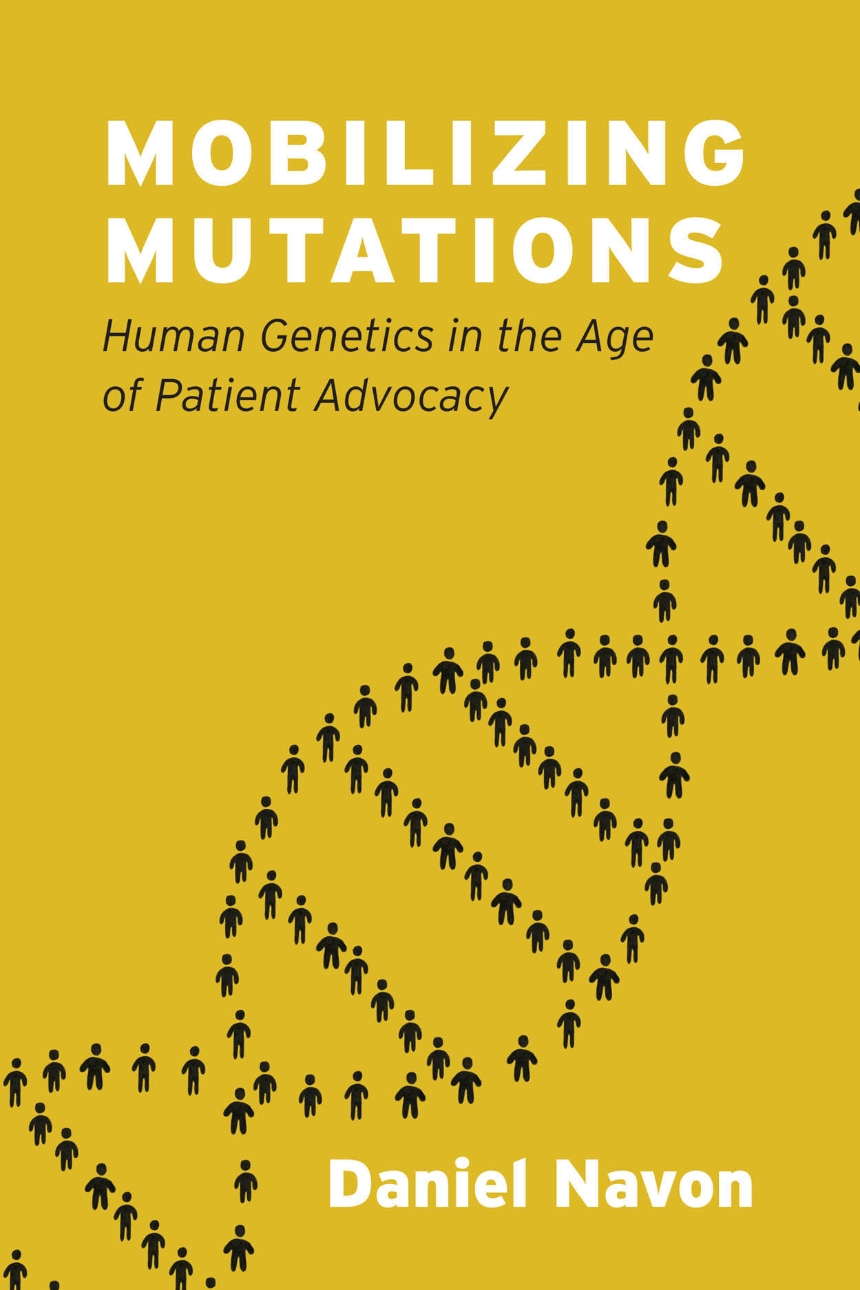Mobilizing Mutations
Human Genetics in the Age of Patient Advocacy
With every passing year, more and more people learn that they or their young or unborn child carries a genetic mutation. But what does this mean for the way we understand a person? Today, genetic mutations are being used to diagnose novel conditions like the XYY, Fragile X, NGLY1 mutation, and 22q11.2 Deletion syndromes, carving out rich new categories of human disease and difference. Daniel Navon calls this form of categorization “genomic designation,” and in Mobilizing Mutations he shows how mutations, and the social factors that surround them, are reshaping human classification.
Drawing on a wealth of fieldwork and historical material, Navon presents a sociological account of the ways genetic mutations have been mobilized and transformed in the sixty years since it became possible to see abnormal human genomes, providing a new vista onto the myriad ways contemporary genetic testing can transform people’s lives.
Taking us inside these shifting worlds of research and advocacy over the last half century, Navon reveals the ways in which knowledge about genetic mutations can redefine what it means to be ill, different, and ultimately, human.
Drawing on a wealth of fieldwork and historical material, Navon presents a sociological account of the ways genetic mutations have been mobilized and transformed in the sixty years since it became possible to see abnormal human genomes, providing a new vista onto the myriad ways contemporary genetic testing can transform people’s lives.
Taking us inside these shifting worlds of research and advocacy over the last half century, Navon reveals the ways in which knowledge about genetic mutations can redefine what it means to be ill, different, and ultimately, human.
Reviews
Table of Contents
Acknowledgments
Introduction: From Mutations to New Kinds of People
1 Genomic Designation: How Genetics Creates New Medical Conditions
2 Immobile Mutations: Nowhere to Go in the 1960s and 1970s (and the Exception That Proves the Rule)
3 Leveraging Mutations: Going from the Rare to the Common in Human Genetics
4 The Loops That Tie: Mutations in the Trading Zone of Autism Genetics
5 Assembling a New Kind of Person
6 Mutations in the Clinic: Reframing Illness and Redirecting Medical Practice
7 Remaking the Normal versus the Pathological in Genetic Medicine
8 The Future for Genomic Designation and the New Prenatal Testing Landscape
Conclusion
Notes
References
Index
Introduction: From Mutations to New Kinds of People
1 Genomic Designation: How Genetics Creates New Medical Conditions
2 Immobile Mutations: Nowhere to Go in the 1960s and 1970s (and the Exception That Proves the Rule)
3 Leveraging Mutations: Going from the Rare to the Common in Human Genetics
4 The Loops That Tie: Mutations in the Trading Zone of Autism Genetics
5 Assembling a New Kind of Person
6 Mutations in the Clinic: Reframing Illness and Redirecting Medical Practice
7 Remaking the Normal versus the Pathological in Genetic Medicine
8 The Future for Genomic Designation and the New Prenatal Testing Landscape
Conclusion
Notes
References
Index
